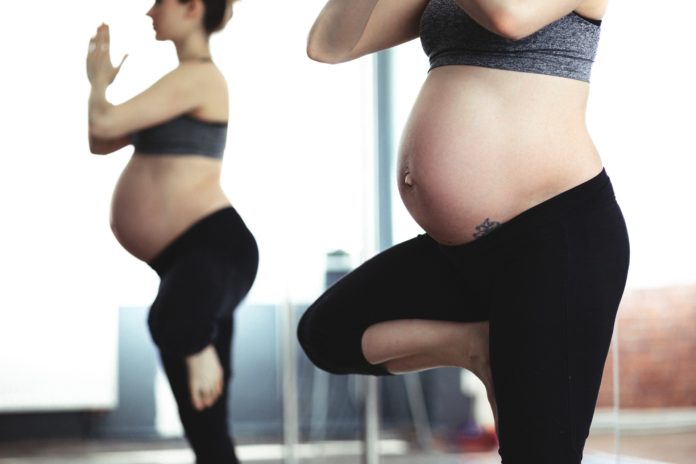Research shows that interrupted sleep in pregnant women may have some protective function for the foetus
Sleeping more than nine hours per night during pregnancy may be associated with late stillbirth, a new Michigan Medicine-led international study suggests.
Researchers analyzed online surveys involving 153 women who had experienced a late stillbirth (on or after 28 weeks of pregnancy) within the previous month and 480 women with an ongoing third-trimester pregnancy or who had recently delivered a live born baby during the same period.
The findings, which appear in journal Birth, suggest an association between lengthy periods of undisturbed maternal sleep and stillbirths that were independent of other risk factors. But researchers caution that further research is needed to better understand the relationship and what it means for pregnant women.
“While multiple awakenings during the night may concern some women, in the context of stillbirth it appears to be protective.”
“Pregnant women often report waking up and getting up in the middle of the night,” says lead author Louise O’Brien, Ph.D., M.S., a University of Michigan researcher in the Division of Sleep Medicine, Department of Neurology and the Department of Obstetrics and Gynecology at Michigan Medicine.
“While multiple awakenings during the night may concern some women, in the context of stillbirth it appears to be protective.”
O’Brien says further studies need to delve deeper into what may drive the relationship between maternal sleep and stillbirths, with particular focus on how the autonomic nervous system – the control system that regulates bodily function – and the hormonal system are regulated during sleep in late pregnancy.
She notes that blood pressure reaches its lowest point during sleep but when someone is awakened, there is a surge in the nervous system activity that causes transient increases in blood pressure. It’s possible that these brief increases in blood pressure are able to prevent long periods of relatively low pressure. This is important, O’Brien says, because low blood pressure has been linked with fetal growth problems, preterm birth, and stillbirth.
O’Brien also cautions that “pregnant women should not be waking themselves up at night.” Very disruptive sleep has also been associated with poor pregnancy outcomes, including growth restriction and preterm growth.
She notes that while there is already evidence that very disrupted sleep and clinical sleep disorders are associated with poor pregnancy outcomes, few studies have looked at the opposite end of the spectrum, such as long periods of undisturbed sleep
“Our findings add to research indicating that maternal sleep plays a role in fetal wellbeing,” she says. “Studies aiming to reduce stillbirths should consider maternal sleep as this is a potentially modifiable risk factor. Understanding the role of maternal sleep may help us identify interventions that would put us in a better position to advise women.”


